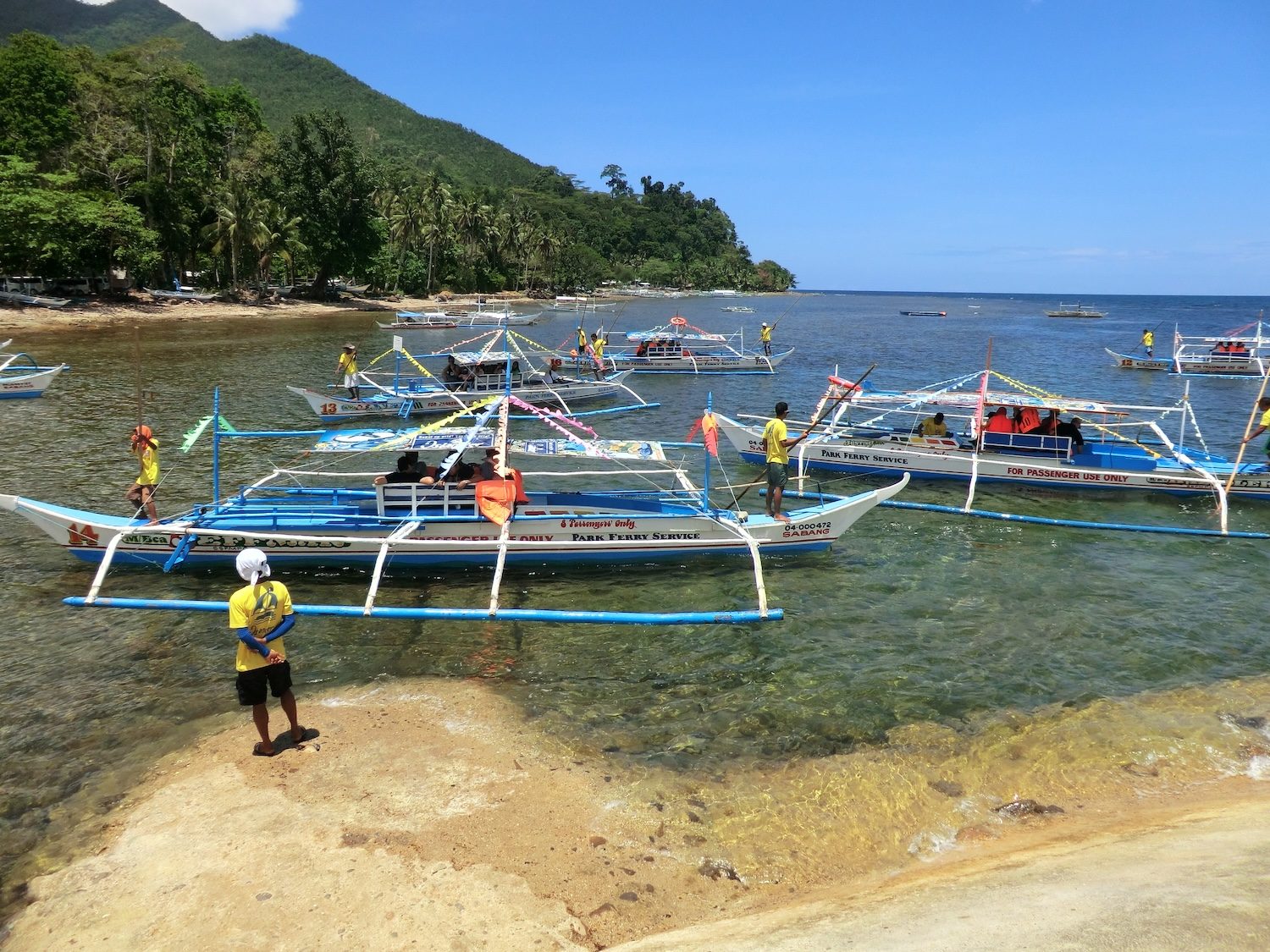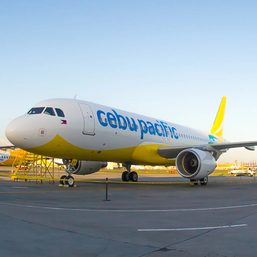SUMMARY
This is AI generated summarization, which may have errors. For context, always refer to the full article.

PUERTO PRINCESA, Philippines – Ahead of the start of the closed season for three types of reef fish in Puerto Princesa, local authorities reiterated the importance of the policy that would be in place for three months beginning March 1: to help boost the fish population while studying the efficacy of the measure.
The rule covers the sought-after red grouper locally known as “suno,” estuarine or green grouper (loba), and tiger or brown marbled grouper (lapung baboy). These reef fish are considered luxury food items and find their way in big restaurants in the country. But most of the reef fish caught in the Philippines are shipped to Hong Kong, China, and other Asian destinations.
The three fish species are regulated under Palawan Council for Sustainable Development (PCSD) Administrative Order No. 5. The directive aims to address dwindling reef fish stocks by imposing size restrictions and seasonal control on the fish species. It was adopted to alleviate Palawan’s diminishing catch of the three reef fish species.
The PCSD was established in 1992 under Republic Act 7611 or the Strategic Environmental Plan (SEP) for Palawan Act. The SEP law provides the framework on the conservation and development planning and policy formulation designed for Palawan to ensure that its fragile environment is protected, conserved, and utilized and managed effectively.
PCSO AO 5 provides a system that will ensure the sustainability of the reef-fish-for-food industry in Palawan by setting up a comprehensive regulatory mechanism consistent with the provisions of Republic Act No. 9147 or the Wildlife Resources Conservation and Protection Act. The policy also aims to regulate the catching, trade, transport and export of these reef-fish-for-food and regulate resource extraction to a sustainable level.
Catching and shipping live reef fish is banned from March 1 to May 31 every year in Palawan. But since fisherfolk petitioned for the lifting of the closed fishing season, the provincial government of Palawan lifted the closed fishing season in 23 component municipalities, except for Puerto Princesa.
Opposition, justification
Trading live reef fish is one of the lucrative industries in Palawan, being an island province consisting of a thousand other islands and islets. Live reef fish traders in Palawan like Sabino Camacho earn P2,500 ($44.6) for every kilo of suno. In a year, they can potentially earn P2.6 million ($46,407).
Live fish traders in Palawan ship their live catch to Manila before they are exported to Hong Kong and China, with exceptions in Puerto Princesa where there is an existing prohibition for trading and shipment of live reef fish.
Fisherfolk opposed the closed fishing season implementation. Fish trader Camacho and other fish traders and fisherfolk trooped to the Puerto Princesa City Hall and raised their concerns to the Sangguniang Panlungsod’s committee on food, agriculture and fisheries chaired by Councilor Elgin Robert Damasco.
Camacho claimed that the closed fishing season would affect their livelihood.
During the meeting, PCSD Project Development Officer IV Ma. Christina Rodriquez defended the move, emphasizing the importance of the closed fishing season to protect reef fish species and for them and other government agencies and institutions to gather data and conduct studies during the period. The study will determine if closed seasons are effective in increasing fish population.
On February 29, a day before the start of the closed fishing season, the City Environment and Natural Resources Office (City ENRO) headed by Carlo Gomez affirmed their office’s stand, consistent with the objectives and intentions of the closed season that the concerned fish species, whether live or lifeless, should be totally banned from entering Puerto Princesa City.
“Transportation of live and dead fish from other municipalities outside of Puerto Princesa City is also covered and provides a window for circumvention of the adopted policy and will possibly defeat the purpose, especially by those unscrupulous individuals,” he explained.
“The implementation of the policy should not provide an exemption that will undermine the objective of the policy,” said Gomez. – Rappler.com
Gerardo C. Reyes Jr. is a community journalist at Palawan Daily News and is an Aries Rufo journalism fellow of Rappler for 2023-2024.
Add a comment
How does this make you feel?





There are no comments yet. Add your comment to start the conversation.